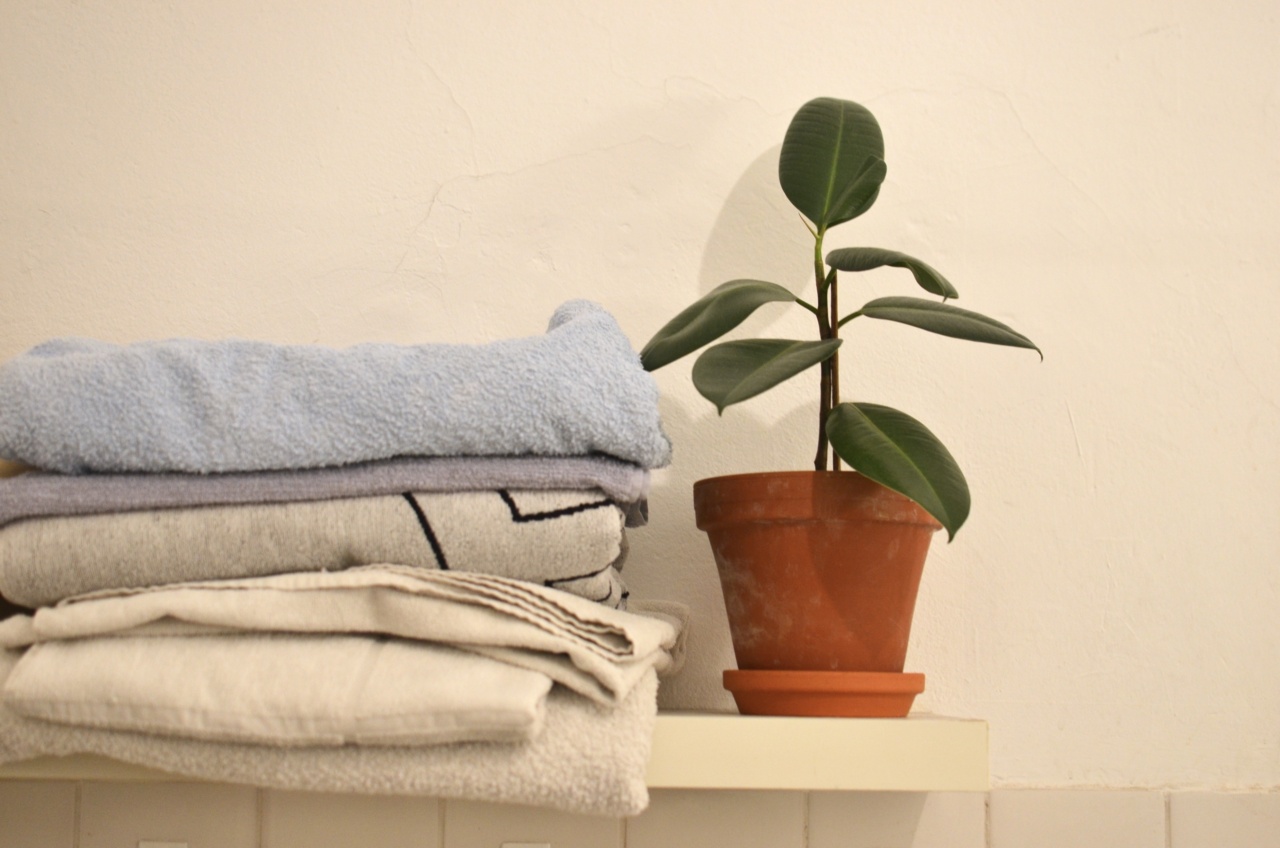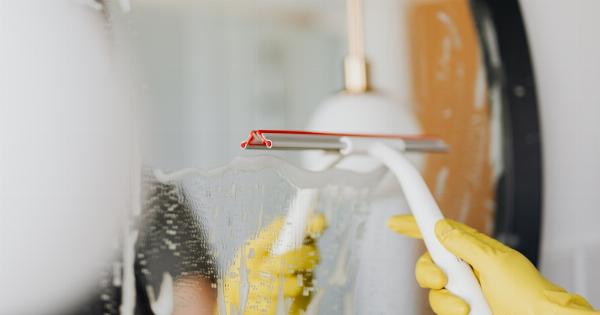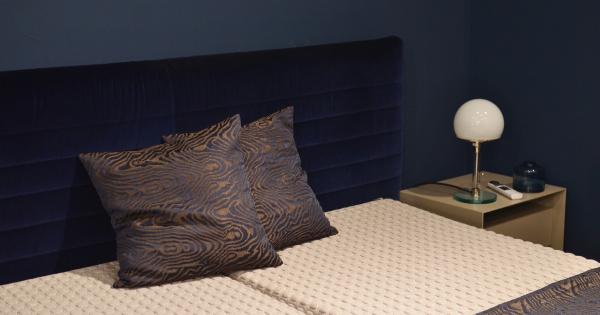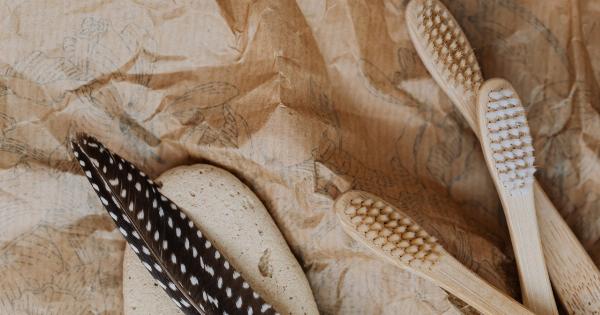In order to stay healthy and comfortable, it is important to replace certain items regularly. From toothbrushes to bath curtains, mattresses to air filters, these seemingly insignificant items can have a big impact on your overall well-being.
This guide will provide you with the information you need to know about when and how to replace these items to ensure a clean and healthy living environment.
1. Toothbrushes
One of the most frequently used items in our daily routine is the toothbrush. Dentists recommend replacing your toothbrush every three to four months, as worn-out bristles are less effective in cleaning your teeth.
Additionally, replacing your toothbrush after an illness is crucial to prevent the spread of bacteria.
2. Bath Curtains
Bath curtains may not be on your regular replacement list, but they are prone to mold and mildew buildup due to constant exposure to moisture. If you notice any discoloration, odor, or mold spots on your bath curtain, it’s time to replace it.
To prevent mold growth, ensure proper ventilation in the bathroom and wash your bath curtain regularly.
3. Mattresses
A good night’s sleep is essential for your overall well-being, and your mattress plays a significant role in ensuring your comfort. On average, mattresses should be replaced every seven to ten years, depending on the quality and usage.
If you wake up feeling sore, experience discomfort or notice sagging on your mattress, it may be time to invest in a new one.
4. Air Filters
Indoor air quality is vital for a healthy living environment, and air filters play a crucial role in purifying the air we breathe. It is recommended to replace air filters every three months or as per the manufacturer’s instructions.
Clogged and dirty filters can impair the efficiency of your HVAC system and worsen allergies and respiratory conditions.
5. Showerheads
If you notice reduced water pressure or a buildup of mineral deposits, it’s time to replace your showerhead. Over time, mineral deposits can clog the showerhead, resulting in a less enjoyable shower experience.
Consider opting for a water-efficient showerhead to conserve water and reduce your ecological footprint.
6. Pillows
A good pillow provides the necessary support for your head and neck, ensuring a comfortable sleep. Pillows should be replaced every two to three years or when they become lumpy and lose their shape.
Old pillows can accumulate dust mites, allergens, and dead skin cells, which can lead to allergies and affect your sleep quality.
7. Smoke Detector Batteries
Smoke detectors are essential for fire safety in your home, but their batteries often go overlooked. It is crucial to replace the batteries in your smoke detectors annually or whenever the low battery warning chirps.
Regularly testing your smoke detectors and replacing the batteries can save lives in case of a fire emergency.
8. Kitchen Sponges
Kitchen sponges are a breeding ground for bacteria due to their constant exposure to food particles and moisture. To prevent the spread of harmful bacteria, it is recommended to replace your kitchen sponge every two weeks.
Alternatively, you can sanitize your sponge by microwaving it or running it through the dishwasher.
9. Water Filters
If you use a water filtration system at home, such as a pitcher or faucet filter, it is important to replace the filters as recommended by the manufacturer.
Over time, filters can become less effective in removing contaminants, compromising the quality of the filtered water. Stay up to date with the replacement schedule to ensure you are consistently consuming clean and healthy water.
10. Cutting Boards
While cutting boards may not have an expiration date, they should be replaced periodically, especially if they are showing signs of wear and tear. Deep cuts, cracks or excessive staining can harbor bacteria, making them difficult to clean effectively.
It is recommended to have separate cutting boards for raw meat, vegetables, and other food items to prevent cross-contamination.































